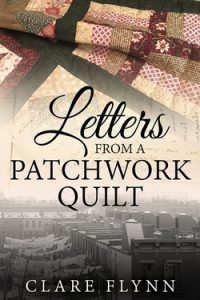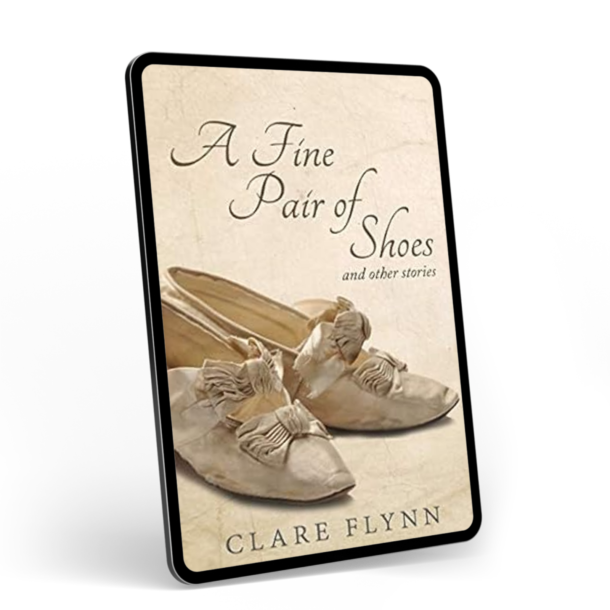I’ve written before about Middlesbrough, the setting for my third novel, Letters from a Patchwork Quilt, but I read a fascinating piece this morning about the town in the 19th century that made me want to write about it again. It was an article from the Middlesbrough Gazette entitled Middlesbrough’s Shameful Past and the Infamous Pubs that Fuelled it. The period the article referred to was 1830 to 1868 when the town was effectively akin to a wild west town, its explosive industrial growth attracting thousands of workers so that it became a place “wherein are gathered together the vilest of the vile” according to the then local newspaper.
Drinking dens grew up beside the docks to serve the workers in the iron foundries. Alongside them brothels also did a roaring trade. By the time of Letters from a Patchwork Quilt, 1880, when my main character, Jack Brennan became the landlord of a fictitious pub, the Tudor Crown, things had quietened down a bit on the wild west front. The Temperance movement was having a major impact in the town. The numerous drinking establishments still provided a huge draw to the working men of the iron foundries, but now the growing ranks of the Temperance Society sought to make access to drink harder. Jack’s wife, Mary Ellen, is a passionate supporter of the Catholic branch of the movement, The League of the Cross and this causes mounting pressure in their already fractious marriage. Here’s a brief extract:
 One evening as Jack was getting ready to open up the pub, Mary Ellen and Marian entered the bar, carrying the silk Temperance banners they had been occupied in embroidering for the past six months. Mother and daughter were cloaked and bonneted and ready to set out on their nightly mission to protest outside the taverns of the town.
One evening as Jack was getting ready to open up the pub, Mary Ellen and Marian entered the bar, carrying the silk Temperance banners they had been occupied in embroidering for the past six months. Mother and daughter were cloaked and bonneted and ready to set out on their nightly mission to protest outside the taverns of the town.
‘Get that stuff out of my bar,’ Jack snapped. ‘You can take your protests elsewhere.’
‘We are visiting every public house in Middlesbrough. Why should this one be an exception?’ said Marian.
Jack was polishing glasses behind the bar and slammed one down so hard that it smashed into pieces. He cursed and sucked at the blood that had started to pool on one of his fingers.
‘It’s drink that puts the food on your table. It’s drink that pays for the clothes on your backs.’
‘I married you when you were a teacher,’ Mary Ellen said. ‘I didn’t marry a publican. I’m ashamed every time I see the priest or carry this banner, that my own husband is shaming his family and the church by encouraging people to drink.’
One of the inspirations to write the book was my own family history. My great-grandfather was a publican in Middlesbrough, running a pub called the Royal Oak, later demolished in the slum clearances of the 1960s, which wiped out a vast proportion of the town’s Victorian dwellings. All I know about his time there was that he moved to the town from Somerset around 1880 and was originally a teacher, but by the time of the 1891 census he was licensed victualler of the Royal Oak, living there with my great-grandmother, their four daughters (their only son died as an infant), my great-great-grandmother and three barmen, a cook and a couple of teenagers who were “general servants”. That’s all I know and I used those few facts as a springboard for my novel – which is entirely fictional and bears no other resemblance to the little I know of his life and death. To the best of my knowledge he was happily married to my great-grandmother, although he did marry again after her death. I certainly hope he had a happier life than my poor Jack did!
Letters from a Patchwork Quilt is available in paperback (order from your local bookstore) or as an e-book from all online retailers.


0 Comments